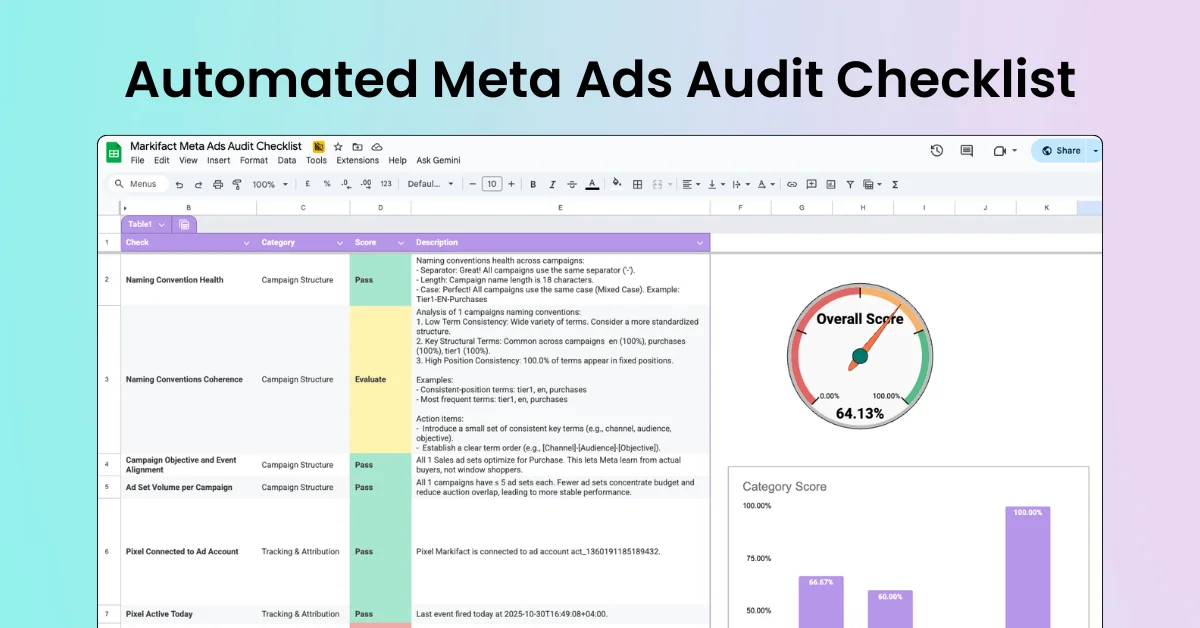Publishers are concerned about The Trade Desk's (TTD) shift towards what CEO Jeff Green calls the "premium internet," which emphasizes high-quality ad inventory supported by first-party data and user consent. This shift suggests a potential withdrawal of ad dollars from publishers who lack large logged-in audiences.
Key Concerns:
- Authenticated Reach: TTD requires publishers to collect email addresses to create third-party IDs like UID 2.0. Many publishers struggle with this and fear losing control over their data.
- Control Over Data: Publishers are wary of sharing hashed email addresses with TTD, which could undermine their proprietary data efforts.
- Ad Tech Vendor Dynamics: Publishers are uneasy about TTD's increasing control over their ad businesses, especially as TTD replaces traditional ad tech middlemen and bids below publishers' floor prices.
TTD's Perspective:
- TTD believes publishers' concerns are overblown. They claim that even a small percentage (5%-10%) of authenticated users can attract significant ad dollars.
- OpenPass Solution: TTD proposes OpenPass, a single sign-on solution that incentivizes users to share email addresses in exchange for rewards, thus increasing authenticated reach.
Industry Dynamics:
- CTV and Retail Media: TTD is focusing on CTV and retail media, where it's easier to collect email addresses for identifiers like UID 2.0.
- Publisher Adaptation: Some publishers see UID 2.0 as one of several alternative IDs and believe TTD's strategy aims to support high-quality ad inventory while excluding low-quality options.
Conclusion: Publishers must adapt to the evolving digital ad landscape, balancing the need for authenticated reach with maintaining control over their data. TTD's strategy reflects a broader industry shift towards identity-based advertising in a world without third-party cookies.











